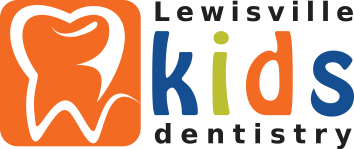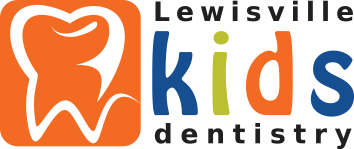Posted on July 1, 2021
Tooth decay in infants and toddlers is often referred to as “baby bottle” tooth decay. This type of tooth decay is often caused by bacteria shared by the primary caregiver or by a lack of proper oral hygiene. However, the most common cause is frequent and prolonged exposure to drinks containing sugar, especially in the baby’s bottle.
Children’s Dentist in Lewisville, TX 75067
It is important to try to protect your child from developing baby bottle tooth decay. The health and development of your child’s primary teeth is crucial to ensuring their permanent teeth come in healthy and correctly-positioned.
Here are some simple, but effective ways to help prevent your child from developing baby bottle tooth decay:
Try not to share saliva with your child.
Do not lick your child’s spoon or pacifier before giving it to them. This can spread the bacteria which cause tooth decay, even when your own teeth are clean and healthy. Instead, wash the item thoroughly or replace it with one that is already clean.
Practice good oral hygiene for your child.
As a parent, your child’s dental health is in your hands. After feeding your infant, wipe his or her gums clean with a dampened washcloth. When teeth start to erupt, brush them gently with a child-size toothbrush. Use a smear of toothpaste about the size of a grain of rice. Begin flossing your child’s teeth as soon as they have two teeth positioned next to one another.
Take your child to regular dental cleanings and exams starting with the eruption of their first tooth. As your child grows, talk to them about keeping their teeth healthy. Explain why and how you brush their teeth. When they are old enough to start brushing their own teeth, brush with them to reinforce the proper oral hygiene habits recommended by their dentist and dental hygienist.
Limit sugary drinks, especially in bed.
Saliva decreases during sleep, allowing drink residue to stick to your child’s teeth instead of washing away. Baby bottles should only be used for milk, formula, or water. They should never contain juice, soft drinks, or sports drinks, which have high sugar content. Only give water in your baby’s bottles at nap time, bedtime, and in the car. Save milk or formula for meals and snacks, so your child’s teeth can be cleaned afterward.
As a parent, you are your child’s first line of defense against baby bottle tooth decay. For more information about keeping your child’s teeth healthy, contact our Lewisville dental office.


